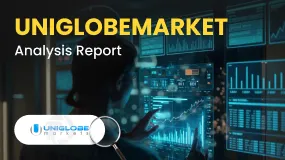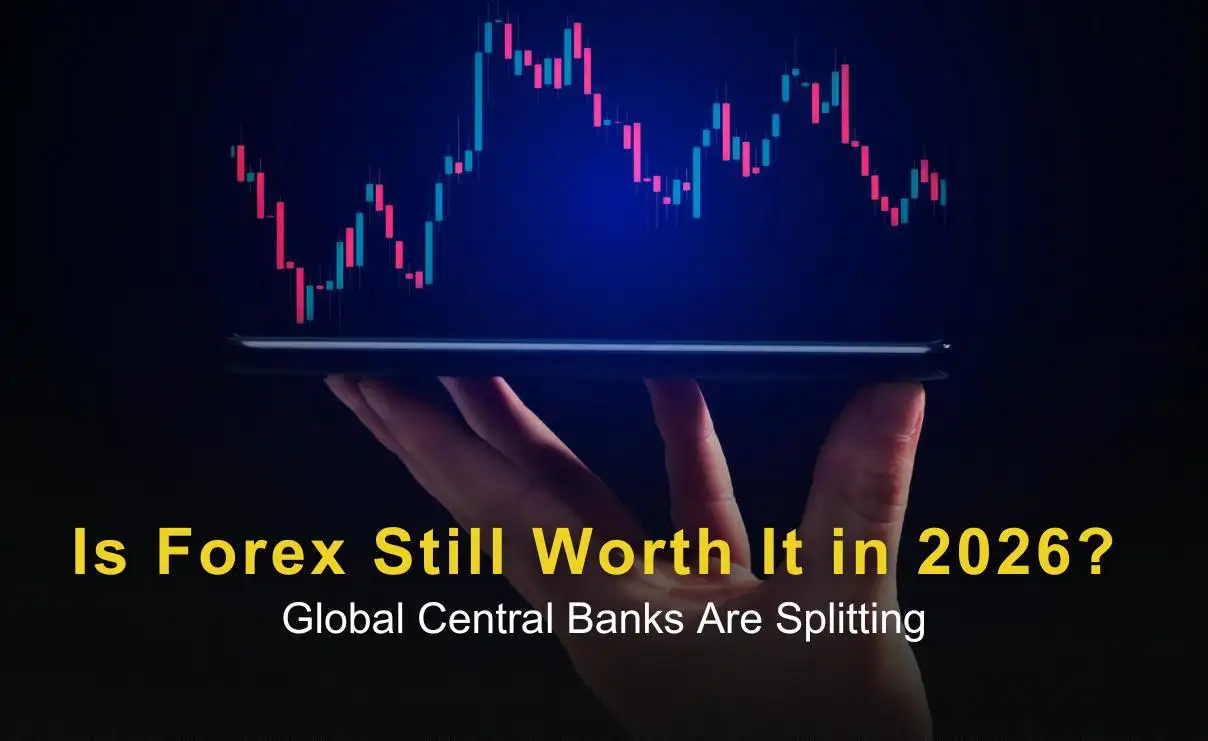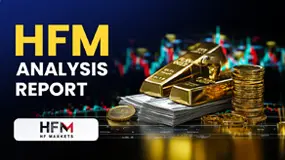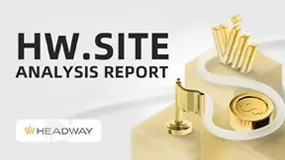Abstract:It is common for a beginner forex trader to feel overwhelmed when starting in the forex market. There are many concepts and strategies to learn, and it can be challenging to understand the various aspects of trading. But fret not, as WikiFX has compiled an ultimate checklist for all beginners out there:
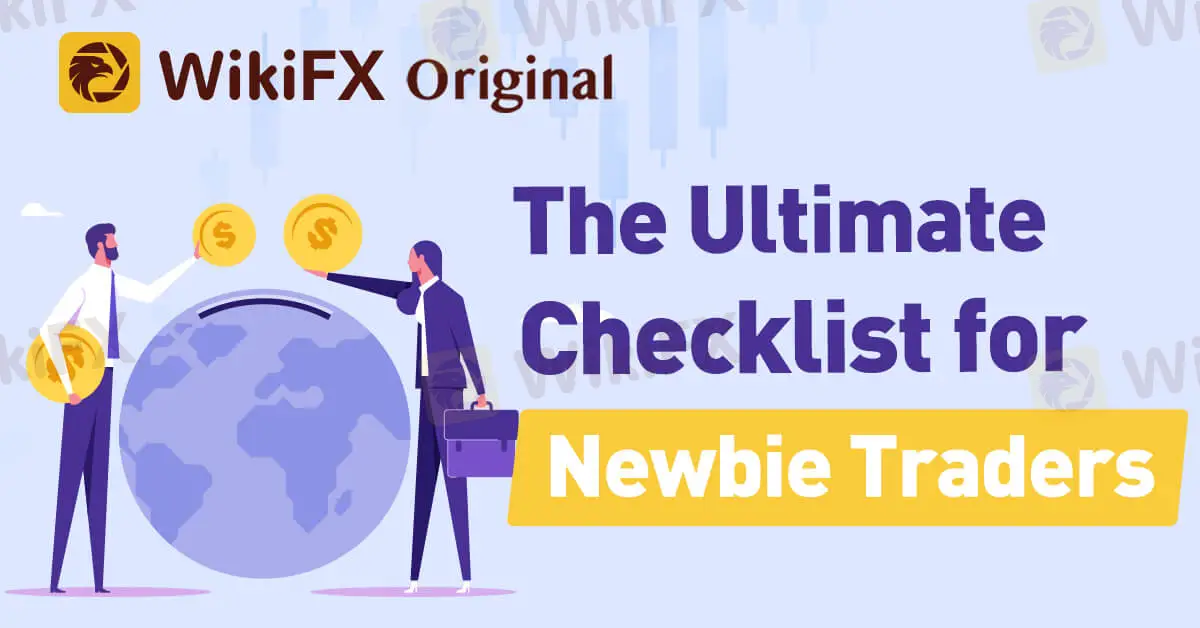
To overcome the feeling of being overwhelmed, beginners should take their time to learn and understand the various concepts and strategies involved in forex trading. It is essential to have a structured approach, focusing on one aspect at a time and seeking guidance from experienced traders or educators. Patience and persistence are two important elements that one should possess in the quest of becoming a successful forex trader.
It is common for a beginner forex trader to feel overwhelmed when starting in the forex market. There are many concepts and strategies to learn, and it can be challenging to understand the various aspects of trading. But fret not, as WikiFX has compiled an ultimate checklist for all beginners out there:
Forex Market Overview: You need to have a thorough understanding of the forex market, such as how it operates and the different participants involved in it.
Currency Pairs: You need to learn about the different currency pairs and their characteristics, such as majors, minors, and exotic pairs.
Fundamental Analysis: You need to learn how to read and interpret economic indicators, such as GDP, inflation, and interest rates, and how they affect the currency market.
Technical Analysis: You need to learn how to read charts, identify trends, and use technical indicators to make trading decisions.
Trading Strategies: You need to learn about different trading strategies, such as swing trading, day trading, and position trading, and choose the one that fits your trading style.
Risk Management: You need to learn how to manage your risk by setting stop-loss orders, determining your position size, and managing your leverage.
Trading Psychology: You need to learn how to manage your emotions, develop discipline, and control your biases when making trading decisions.
Forex Brokers: You need to learn about different forex brokers, their regulations, fees, and trading platforms, and choose the one that best suits your needs.
Demo Trading: You need to practice trading on a demo account to gain experience and confidence before trading with real money.
Further, expand your knowledge: You must keep learning and updating your knowledge as the forex market constantly evolves, and new strategies and techniques are always emerging.
WikiFX is a company that provides forex-related services, including forex education through its education website. The WikiFX education website (https://www.wikifx.com/en/education/education.html) is designed to provide traders with comprehensive and relevant information about the foreign exchange market, trading strategies, risk management, and more.

The website features a range of educational materials, including articles, tutorials, webinars, and e-books. These resources cover topics such as technical analysis, fundamental analysis, trading psychology, and trading strategies. The website is designed to be accessible to traders of all levels of experience, from beginners to advanced traders.




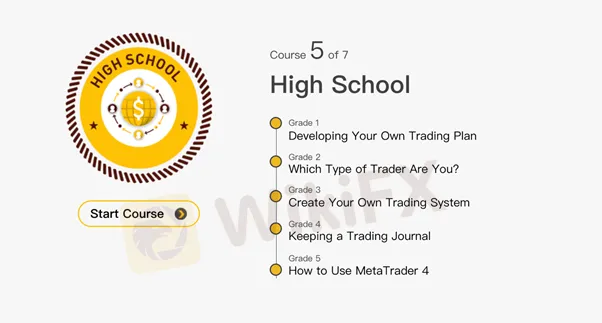


The website also includes a range of tools and resources to help traders stay up to date with market news and analysis. This includes daily market updates, economic calendars, and trading signals.
In addition to its educational resources, the WikiFX education website also provides a range of other services to help traders. This includes a forex broker comparison tool, which allows traders to compare and choose the best forex brokers for their needs.
Overall, the WikiFX education website is a comprehensive resource for traders looking to improve their knowledge and skills in the forex market.













